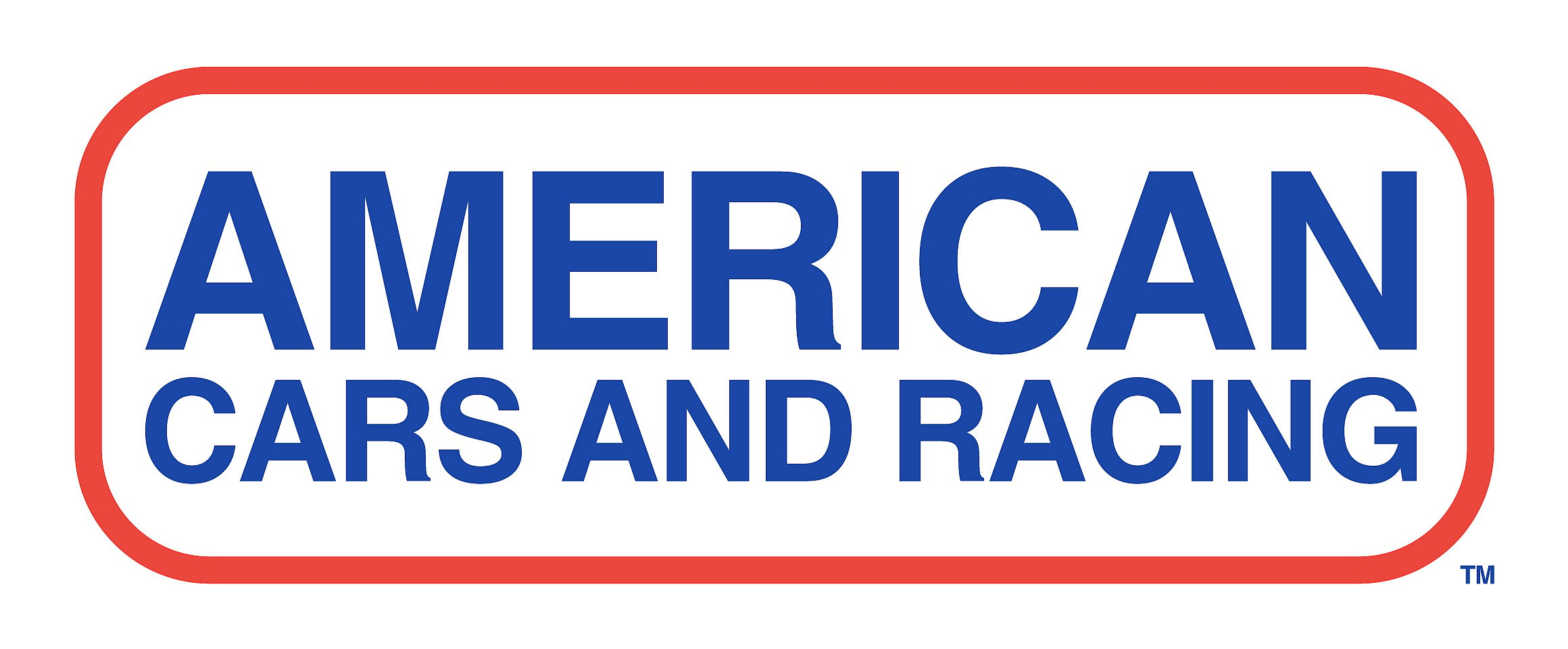Trump’s Transportation Secretary Duffy Begins Rolling Back Fuel Efficiency Standards

Sean Duffy was sworn in as the new Secretary of the U.S. Department of Transportation on Tuesday and one of his first acts in office was to sign a memorandum that begins the process of reducing automotive fuel efficiency standards enacted under the Biden administration.
Corporate average fuel economy [CAFE] standards were set to rise from 39.1 mpg to 50.4 mpg by 2031, but the memo directs the department to review the regulations. Federal law calls for the standard to be set at the highest feasible level allowed by current technology. The numbers used for regulatory purposes are calculated differently and are higher than the EPA ratings that appear on the window stickers of new vehicles.
The memo notes that the goal is to reduce new vehicle costs. The previous target would have required automakers to sell an increasingly large number of electric vehicles, which today are inherently more expensive to build than internal combustion engine vehicles.
It also makes the argument that higher prices for new vehicles leads to drivers keeping older vehicles with outdated safety equipment. The average age of a vehicle in the U.S. reached a record 12.6 years in 2024, according to S&P Global Mobility.
Read Also: THIS IS HOW MUCH A 10-YEAR-OLD CAR COSTS NOW
“Moreover, there is reason to doubt that that the current standards reflect the true state of the Nation’s enormous supply of domestic oil reserves, biofuel feedstocks, and refining capacity. And they may not take sufficient account of the current limitations and vulnerabilities of the U.S. electricity grid, or of the national security imperative of lessening, not exacerbating, America’s strategic dependence on unfriendly foreign sources of critical inputs, like processed minerals needed for electric vehicle batteries,” the memo said. “
Read Also: DONALD TRUMP’S 2007 FERRARI F430 IS FOR SALE — IS IT WORTH $1 MILLION?
The order doesn’t mention a specific new target, but calls for the National Highway Traffic Safety Administration to conduct a review and “propose the recision or replacement of any fuel economy standards as determined necessary to bring the CAFE program into compliance with Administration policy and the requirements of the law.”
